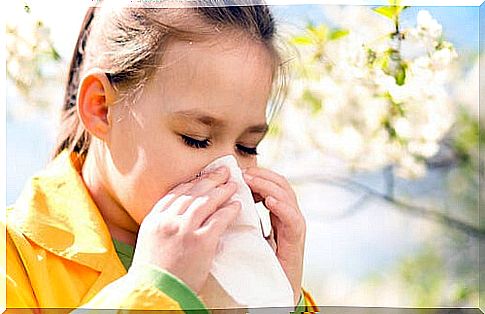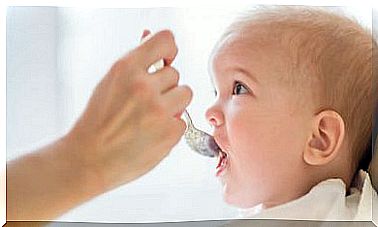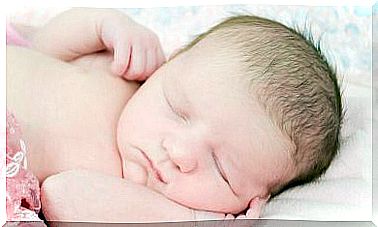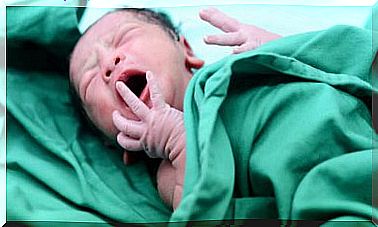10 Tips To Clean And Prevent Childhood Allergy

Child allergy is a very common condition these days. Most children who are born are sensitive to some element. Fortunately, there are many forms of prevention to minimize the reaction to any agent.
In the first place, it is necessary to know that an allergy is a hypersensitivity to a particle with which it is contacted by touch, inhalation or consumption, which generates an unexpected reaction of the organism.
The way in which allergies manifest is diverse, as it depends on their cause, as well as the area of the body that is affected. This condition can cause diseases such as rhinitis, conjunctivitis, asthma, and even anaphylaxis.
Did you know that allergists estimate that in 10 years half of the world’s population will have suffered from an allergy?
In this sense, parents must be attentive to any strange reaction that the child presents and take them to the pediatrician until they can identify if they are allergic to any particular agent.
Most frequent childhood allergies
The allergies that most affect children are respiratory, skin and some food allergies. Consequently, almost anything can make a child hypersensitive.
Allergists believe that in 10 years half of the world’s population will have suffered from an allergy. Likewise, they consider that rhinitis is currently suffered by 21% of the population and 75% of patients with asthma also have it.
Acting from prevention allows us to improve the quality of life of the child and thus avoid falling into recurrent crisis
Among the most common allergens are: dust, pollen, mold, animal fur, mites, medicines, insects and food, among others.

10 keys to avoid childhood allergy
Although it is impossible to prevent a child from having contact with some of the elements that can develop an allergy, because among other reasons it is not convenient to isolate them from the environment that surrounds them, what we can do is take measures that can reduce the level of exposure to This elements.
Given that the most common type of allergy is that of respiratory origin, it is advisable to adapt the room in this sense, with the aim of improving the quality of life of the child and avoiding recurrent crisis. Here are some measures that minimize symptoms are recommended:

- Hypoallergenic bedspread: this type of bedding will help keep the mattress in proper condition so that the child can sleep without problems.
- Wash with hot water : both bedding, stuffed animals or carpets (they must be washed in this way once a week), in order to kill the mites that are in them.
- Heating and air conditioning filter maintenance : Properly, you will prevent mold and bacteria from growing in your ducts that can cause complications.
- Avoid stacking things : piles of toys, stuffed animals or clothes are the perfect place for mites to live, so avoid these types of things in the room.
- Be attentive to the appearance of mold: green stains on the walls or ceiling must be removed, it is advisable to use anti-fungal paint.
- Cleaning furniture and vacuuming: it should be a daily task to remove any traces of dust that could generate an allergy attack.
- Not having plants that produce pollen : in all the cause since it is one of the elements that causes the most allergy.
- Keeping the rooms ventilated: it is a good way to reduce the level of humidity in the environment.
- Choose to have wooden or ceramic floors : they are easy to clean and do not become a nest for mites like carpets.
- Prevent the child from being present during cleaning tasks : due to the fact that a lot of dust moves, it is not convenient for them to inhale.
Taking all these recommendations into account will undoubtedly help you make your child feel much better and consequently be a much happier child. However, the indications of the pediatrician or family specialist can never be ignored.
In this sense, consult with your doctor any questions you have and if the allergy attacks are very constant, ask about the possibility of prescribing the child some medication that helps keep the airways free and control allergy attacks.









